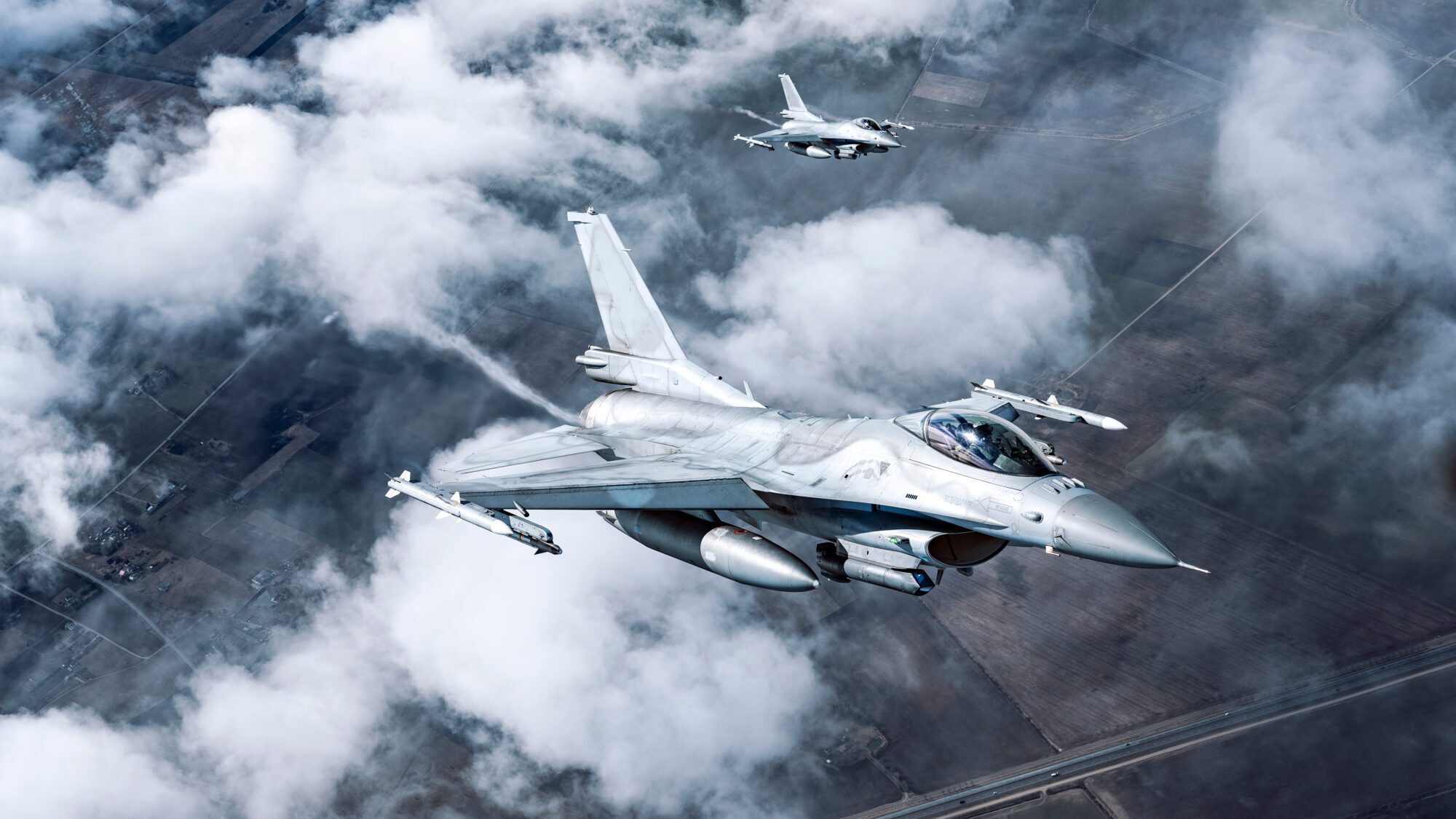
Russia will view the Western supply of F-16 fighter jets to Ukraine as “a threat in the nuclear sphere” due to the aircraft’s ability to carry nuclear weapons, Russian Foreign Minister Sergei Lavrov said in an interview with the Russian daily Lenta.ru, published on Wednesday, July 12th.
Among other topics, the foreign minister discussed the plans of the so-called ‘Fighter Jet Coalition,’—which includes Denmark, the Netherlands, the U.S., the UK, Norway, Portugal, and Belgium—to supply Ukraine with as many as 50 of the U.S.-made F-16s in the coming months.
As we wrote before, several countries have offered to train UAF pilots to fly the fourth-generation aircraft when Ukraine has them. So far no country has pledged to transfer the jets.
Nonetheless, in case Kyiv does end up receiving and deploying F-16s in the future, the Kremlin promises to react accordingly.
“We have informed the nuclear powers, the United States, Britain, and France that Russia cannot ignore the ability of these aircraft to carry nuclear weapons,” Lavrov said in the interview, adding that “no amount of assurances will help here.”
“In the course of combat operations, our servicemen are not going to sort out whether each particular aircraft of this type is equipped to deliver nuclear weapons or not,” he continued. “We will regard the very fact that the Ukrainian armed forces have such systems as a threat from the West in the nuclear sphere.”
The foreign minister then warned that “the United States and its NATO satellites are creating risks of a direct armed clash with Russia, and this is fraught with catastrophic consequences.”
Lavrov even referred to the Russian military doctrine in terms of the conditions that would trigger the use of its nuclear arsenal. According to the 2000 doctrine, Moscow can turn to the nuclear option even in reply to conventional strikes, if they are deemed “critical to [its] national security.”
The Kremlin also reacted to the news that the United States will supply Ukraine with cluster munitions—a type of weapon that has been banned by 123 countries for endangering civilians, but not by the U.S., Ukraine, or Russia.
U.S. allies, including Britain, Canada, and Germany, have strongly protested against the use of cluster bombs on moral grounds, but the White House doubled down during this week’s NATO Summit in Vilnius, arguing that the U.S. no longer has enough regular artillery rounds to send, and it won’t leave Kyiv defenseless.
According to Russian Defense Minister Sergei Shoigu, if Washington does go forward with the transfers, “the Russian armed forces will be forced to use similar weapons against the armed forces of Ukraine as a response.”
It should be noted, however, the whole argument is more a rhetorical stunt than an actual threat, as both Russia and Ukraine are strongly suspected of having used cluster munitions since the first day of the war.
